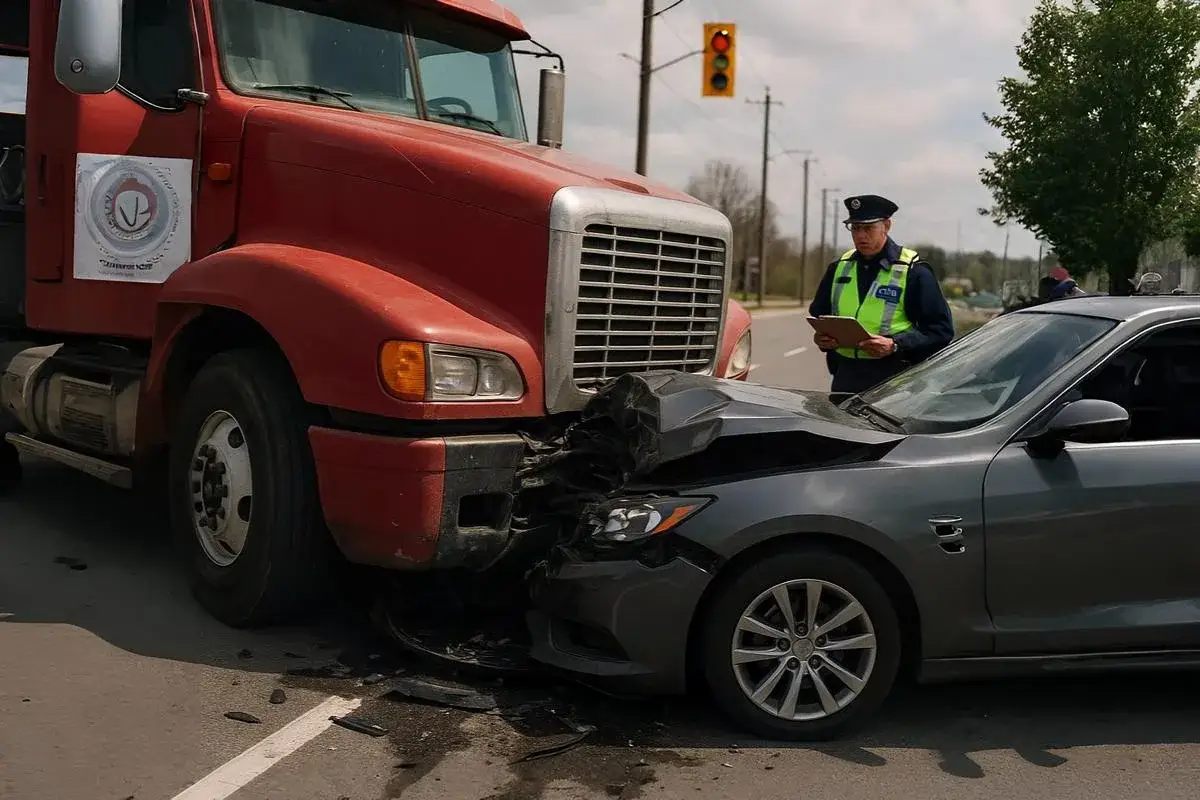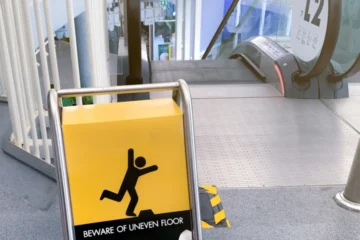Delivery trucks are a common sight on American roads. They keep businesses running smoothly and ensure customers receive their orders on time. However, when these trucks are involved in accidents, the consequences can be devastating. Victims often need legal representation for commercial truck collisions to prove liability and receive fair compensation.
Understanding Liability in Delivery Truck Accidents
In any truck accident case, liability refers to the party responsible for the crash. Determining liability isn’t always straightforward. Unlike a typical car accident, multiple parties can be held accountable in delivery truck cases.
For example, the truck driver might be liable if they were distracted or driving under the influence. The trucking company can also be held responsible if they failed to maintain the vehicle properly or enforced unrealistic delivery schedules that pressured the driver to speed.
Key Evidence Needed to Prove Liability
Proving liability requires solid evidence. Police reports are crucial as they document initial findings at the accident scene. These reports include statements from drivers, witnesses, and officers’ observations about potential violations.
Photographs and videos of the crash scene also help. Images showing vehicle positions, road conditions, and damages can clarify how the accident occurred.
Moreover, electronic logging devices (ELDs) installed in commercial trucks record data such as speed, braking, and driving hours. These logs can reveal if the driver violated rest regulations or was speeding before impact.
The Role of Driver Negligence
Driver negligence is one of the most common causes of delivery truck accidents. Negligence occurs when the driver fails to exercise reasonable care while on the road. Common examples include distracted driving, fatigue, or ignoring traffic laws.
To prove negligence, four elements must be established:
- Duty of Care – The driver had a legal duty to operate the truck safely.
- Breach of Duty – The driver breached that duty through reckless or careless behavior.
- Causation – The breach directly caused the accident.
- Damages – The victim suffered injuries or losses as a result.
If these elements are met, the driver can be held liable for the accident.
When Employers or Companies Are Liable
Under the legal doctrine of respondeat superior, employers can be held liable for their employees’ actions performed within the scope of employment. This means if the delivery driver was working at the time of the accident, their employer could share responsibility.
Additionally, companies may be directly liable if they fail to:
- Conduct proper background checks before hiring drivers.
- Provide adequate training.
- Maintain trucks in safe operating condition.
If a mechanical failure caused by poor maintenance contributed to the crash, the trucking company’s negligence becomes a critical point in proving liability.
Third-Party Liability in Delivery Truck Accidents
Sometimes, neither the driver nor the company directly causes the accident. For example, if defective truck parts led to brake failure, the manufacturer could be held liable. Similarly, if another vehicle cut off the delivery truck and caused a chain reaction crash, that third driver might bear responsibility.
Therefore, identifying all potentially liable parties is essential to strengthen your case.
How an Attorney Strengthens Your Claim
Delivery truck accident cases involve complex federal and state regulations. An experienced attorney investigates the accident thoroughly, obtains black box data, analyzes maintenance records, interviews witnesses, and consults accident reconstruction experts if needed.
They also handle negotiations with insurance companies that often try to minimize payouts. Without strong legal support, victims may end up settling for less than they deserve.
Conclusion
Proving liability in a delivery truck accident case isn’t simple. It involves analyzing evidence, identifying all responsible parties, and understanding trucking industry regulations. Victims shouldn’t face this process alone. With professional legal guidance, they can pursue rightful compensation for their injuries, lost income, and emotional distress.
If you or a loved one has been involved in a delivery truck accident, consult an attorney promptly. Their expertise can make all the difference in establishing liability and ensuring justice is served.



